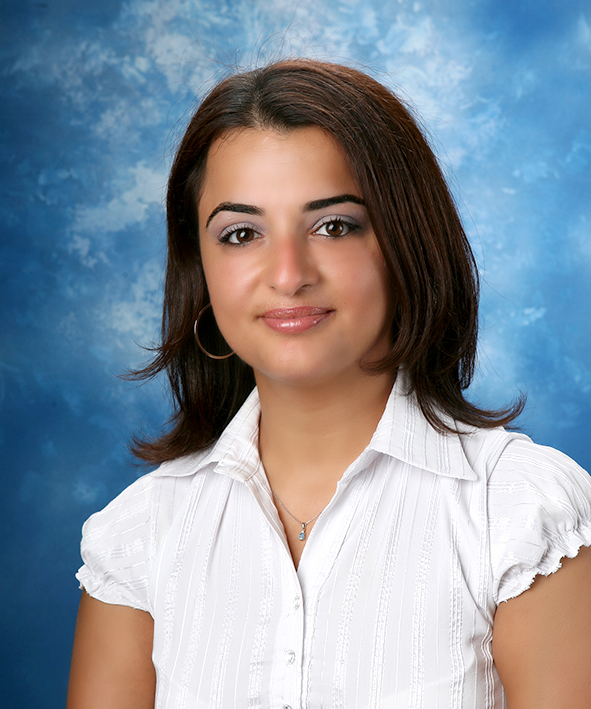Factors influencing the machinability during turning sinter-hardened Cu-Ni-Mo based steel: Dependency on cutting speed, feed rate and cutting depth
Abstract
Powder Metallurgy (PM) is a technique well-known as a means of mass production of complex parts with near-net shape. But, sometimes machining operations are necessary for a large proportion of the PM parts due to their shape or tight tolerance requirements. Machinability is a complex phenomenon influenced by a number of factors, including workpiece and tool properties, cutting conditions and cutting parameters. To widen the use of sintered steels a better understanding of the influence of these factors on the machinability of sintered steels is required to improve the machinability from a scientific point of view. Sinter hardening is a cost effective manufacturing route for production of high performance sintered parts.
The influence of different cutting parameters on the machinability of sinter-hardened Cu-Ni-Mo based steels was characterized by the investigation of surface roughness, chip formation, cutting forces and tool wear. Machinability was assessed by single-point turning on a CNC lathe using orthogonal cutting. Cutting speeds of 50, 150, 250 m/min; feed rates of 0.05, 0.1, 0.15 mm/rev; and cutting depths of 0.2, 0.4 and 0.6 mm were systematically used as cutting parameters. The results indicated that the surface roughness is sensitive to variations in cutting parameters. Higher feed rates and cutting depth increase the forces, and deteriorate surface quality. The increase in cutting speed increase the forces, however, has a positive effect on the surface finish. Higher cutting speeds cause higher flank wear, but improve surface finish. Short spiral chips were formed in all cutting parameters. Based on the results, suitable cutting parameters for machining of low alloyed sinter-hardened steels can be derived.

 Nuray Bekoz Ullen obtained her BSc, MSc and PhD degree from Istanbul University, Turkey in 2003, 2006 and 2011, respectively. He served as research assistant at Department of Metallurgical and Materials Engineering, Istanbul University, Turkey from 2006 to 2014. She has been serving as assistant professor in the same department since 2014. Her main research interest includes powder metallurgy, metal foams and material characterizations, machinability, welding.
Nuray Bekoz Ullen obtained her BSc, MSc and PhD degree from Istanbul University, Turkey in 2003, 2006 and 2011, respectively. He served as research assistant at Department of Metallurgical and Materials Engineering, Istanbul University, Turkey from 2006 to 2014. She has been serving as assistant professor in the same department since 2014. Her main research interest includes powder metallurgy, metal foams and material characterizations, machinability, welding.




